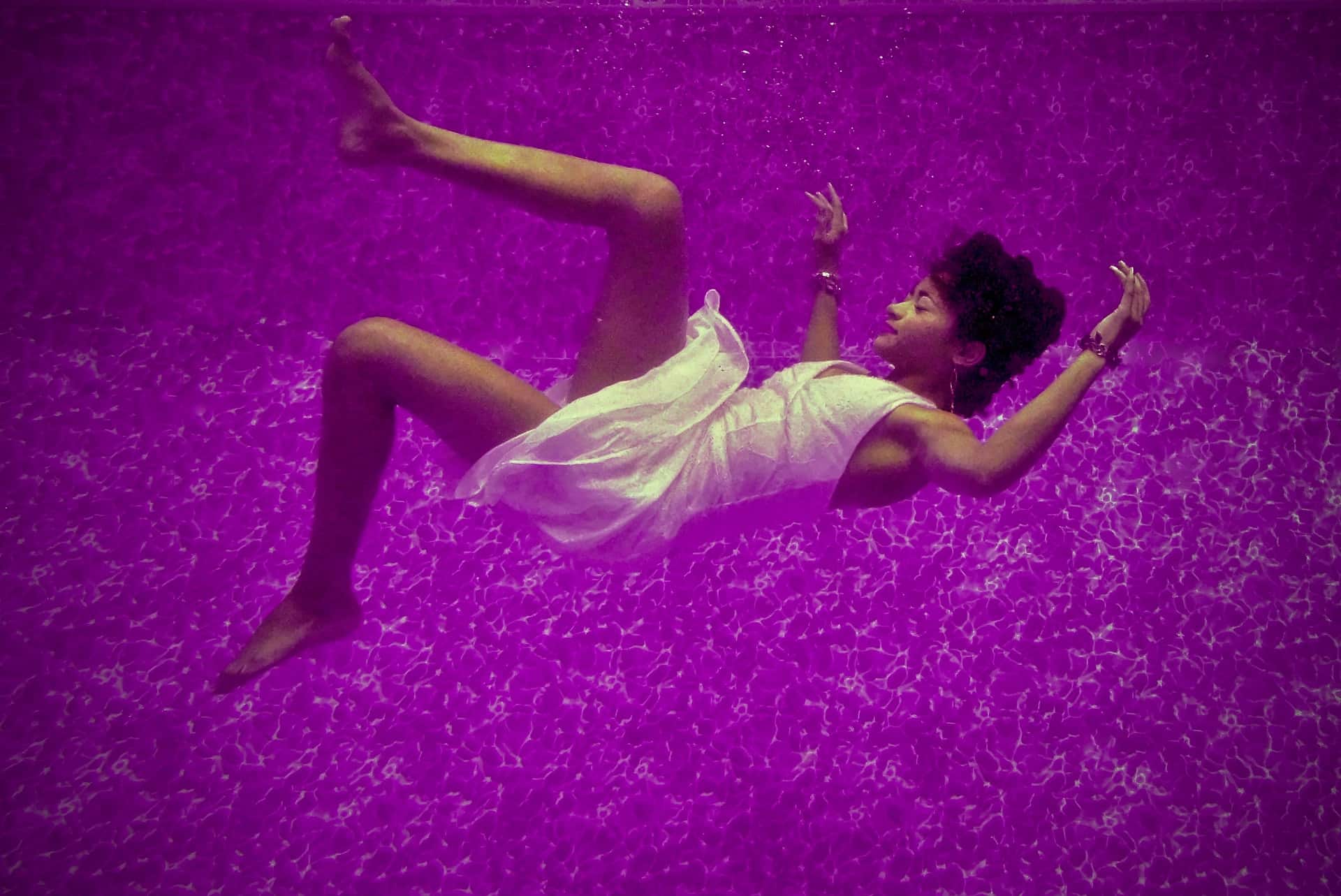Dissociation can involve how our minds process and handle information. When we are dissociating, we tend to feel a disconnect from either ourselves or the world. Dissociation can be considered a mental health disorder when experienced frequently. When we dissociate, we may tend to forget certain memories, such as when we are driving and our brain is multitasking, so then we can’t remember the drive to our destination.
This process can occur in anyone at any point in our lives. If people experience more frequent and longer periods of dissociation this can be because of a bigger health issue. There are five different dissociative disorders.
Symptoms of dissociation:
- Spacing out
- Daydreaming
- Not feeling yourself or acting differently than usual
- Feeling disconnected from your body
- Missing periods of time
- Forgetting specific information
Some people may think that they are relaxing but in reality, they are dissociating. If we are taking time for ourselves and trying to relax but end up feeling separate from ourselves or not remembering the time that passes, then we are dissociating. Relaxation is when we have low tension and anxiety. When we learn to be present but also allow our bodies to have low anxiety, then we are able to relax. Below are ways to help manage dissociation.

Ways to manage dissociation:
Learning to grounding ourselves helps us to be present in the moment. If you feel that you are dissociating, you can try splashing could water on your face or even breathing in cold air from a freezer.
Going to therapy can be extremely beneficial for those with a dissociative disorder. A therapist can help us to overcome triggers to our dissociation, skills to help manage our dissociation, and so much more.
- Reduce stress
When we work on reducing the stress in our daily lives we can help identify and lessen anxiety and triggers. Stress and anxiety are very important to listen to when trying to help dissociation. This is why listening to our body is very important.
Getting enough sleep is important for every person but especially those who have a dissociative disorder. If we do not get enough sleep then when we are tired, we tend to dissociate even more.

Paying attention to our senses and how we are breathing can help us when we are trying to be connected to ourselves and the present moment. Learning to listen to our breathing as well as how to breathe in stressful situations can help with the symptoms of dissociation. Breathing techniques can also help us relax more instead of dissociating and thinking that we are relaxing.
- Get support from others
When we are dissociating it can be helpful to have support from others who can help us through our symptoms and keep us grounded and in the present.
- Write/Journaling
Writing down our thoughts is extremely beneficial to relaxing the body instead of coping with a stressful situation. Dissociation can be a coping mechanism for some people and when we are trying to hide from trauma or stressful things we tend to dissociate instead of relaxing. Writing out our feelings or what may be going on, especially during dissociation can help us understand what is triggering the dissociation.
We do not always know when we are dissociating until after it has happened. Be kind to yourself when trying to manage your dissociation. This is not an easy process and can be more overwhelming at certain times. Dissociation is not the same in everyone, so try not to compare yourself to others. Remember when trying to relax or separate yourself from a stressful situation to follow relaxation techniques as well as those that help to not dissociate.
Those with a dissociative disorder can greatly benefit from therapy, so do not be afraid to reach out to a trained professional for help. Research has shown that service animals can help those with dissociation stay more in the present. Take your time in finding what is best for you and how to manage your symptoms.




